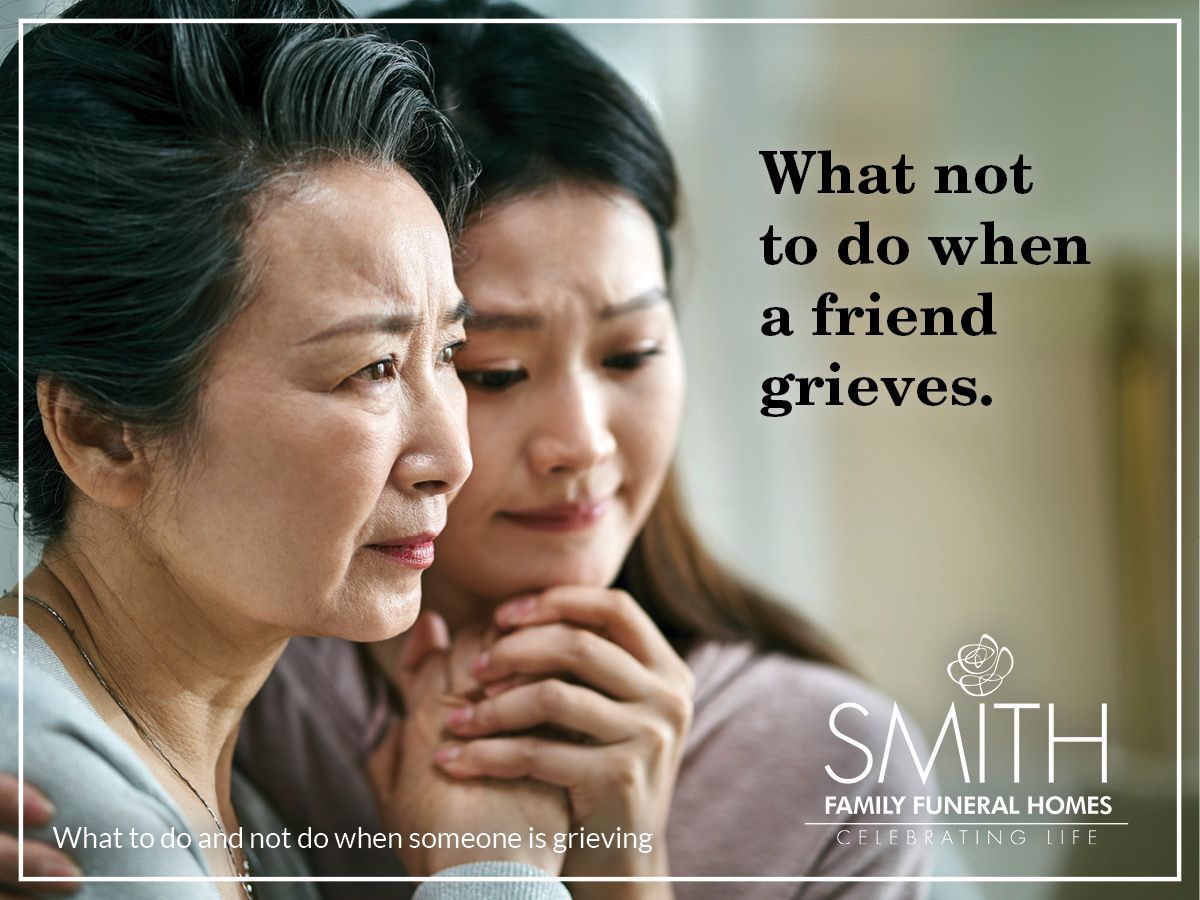
When you preplan for your funeral, you may wonder which expenses are really worthwhile. Of course, you’ll need a casket, but what about everything that goes around it? Do you have to have a burial vault? Or can you just use a burial liner or even nothing at all?
Do I Really Need a Burial Vault?
The choice for a burial vault might not be yours to make. Although using a burial vault is not required by any state or federal law, most cemeteries do require that you use one. In the long run, not using a burial vault may cause problems for the cemetery. Without a burial vault, the cemetery will have to deal with the risk that the ground could collapse around the casket, which is particularly common in areas that deal with a lot of high groundwater.
But even in drier areas, cemeteries might not want to take the risk. A lot of maintenance is required in order to take care of a graveyard. Heavy machinery like lawnmowers and excavators often have to go over gravesites. If that ground is not completely solid, it could cave in under all that weight, damaging the casket below. Plus, keeping the ground level prevents injuries to the staff or guests coming to pay their respects to their loved ones.
Can I Just Use a Burial Liner?
As their names suggest, burial liners and vaults differ because one is simply lining the casket, and the other is enclosing it. Unlike a liner, a vault provides a seal to protect the casket. Both are used to keep the ground from collapsing around a coffin. Still, a cemetery may specify that a burial vault is necessary because it’s considerably stronger and protects better against the elements.
It’s worth noting, however, that neither a liner nor a vault will fully protect against water, dirt, and other debris. Although a burial vault does come with the added benefit of a seal around the casket, according to the FTC’s Funeral Rule, it’s illegal for a funeral provider to claim that a vault is waterproof or fully protects against anything getting inside the vault and casket. By extension, it’s also illegal for a funeral provider to suggest that using a burial vault will slow down or halt the decomposition process.
If the cemetery of your choosing allows you to use either a burial vault or a burial liner, the choice is up to you which one you’d prefer. A burial vault is more expensive than a burial liner, as the burial vault covers the entire casket, provides a seal, and also has an inner lining. As such, the burial vault offers more support and protection than the liner.
What Kind of Burial Vault Can I Get?
Your burial vault must be made from materials that don’t degrade quickly. Metal and plastic are two such options, but the most common (and typically least expensive) choice is concrete. Similarly, the inner lining of a burial vault must be made of materials that are tough and degrade slowly. Some options include fiberglass, plastic, stainless steel, copper, and bronze. Stainless steel and bronze are two of the most robust choices, but fiberglass and plastic are more economical.
Burial vaults also differ in the type of seal that they use. One method, the top seal method, uses a seal between the lid and the walls of the vault. But the air seal method uses air pressure to create a pressure seal so that the added top seal is unnecessary.
If I’m Cremated, Do I Need an Urn Vault?
Burial vaults aren’t just for those who choose to be buried. One type of burial vault, the urn vault, is for those who are cremated and whose remains will be buried. Urns are rarely fully sealed, so if your remains were to be buried, you could run the risk of the urn not being stable enough in the ground. When dealing with extreme weather, the urn’s position will be even less stable. Placing the urn inside an urn vault will help it keep its location and prevent its lid from getting dislodged.
While you might be looking at burial vaults, liners, or urn vaults as simply added expenses, there’s a reason why cemeteries require you to use them. Burial vaults and liners keep a graveyard level, both for safety and to preserve the beauty of the cemetery ground. When your loved ones come to visit, they’ll be seeing a stable gravesite, safeguarded for years to come.
Smith Family Funeral Homes provides quality funeral, memorial and cremation services to the families of Central Arkansas. Their six locations can be found in Little Rock, North Little Rock, Westbrook, Sherwood, Benton and Arkadelphia. With a privately-owned crematory operated by licensed professionals, Smith Family Funeral Homes can guarantee their high standard of care throughout the cremation process. To learn more, visit smithfamilycares.com.













